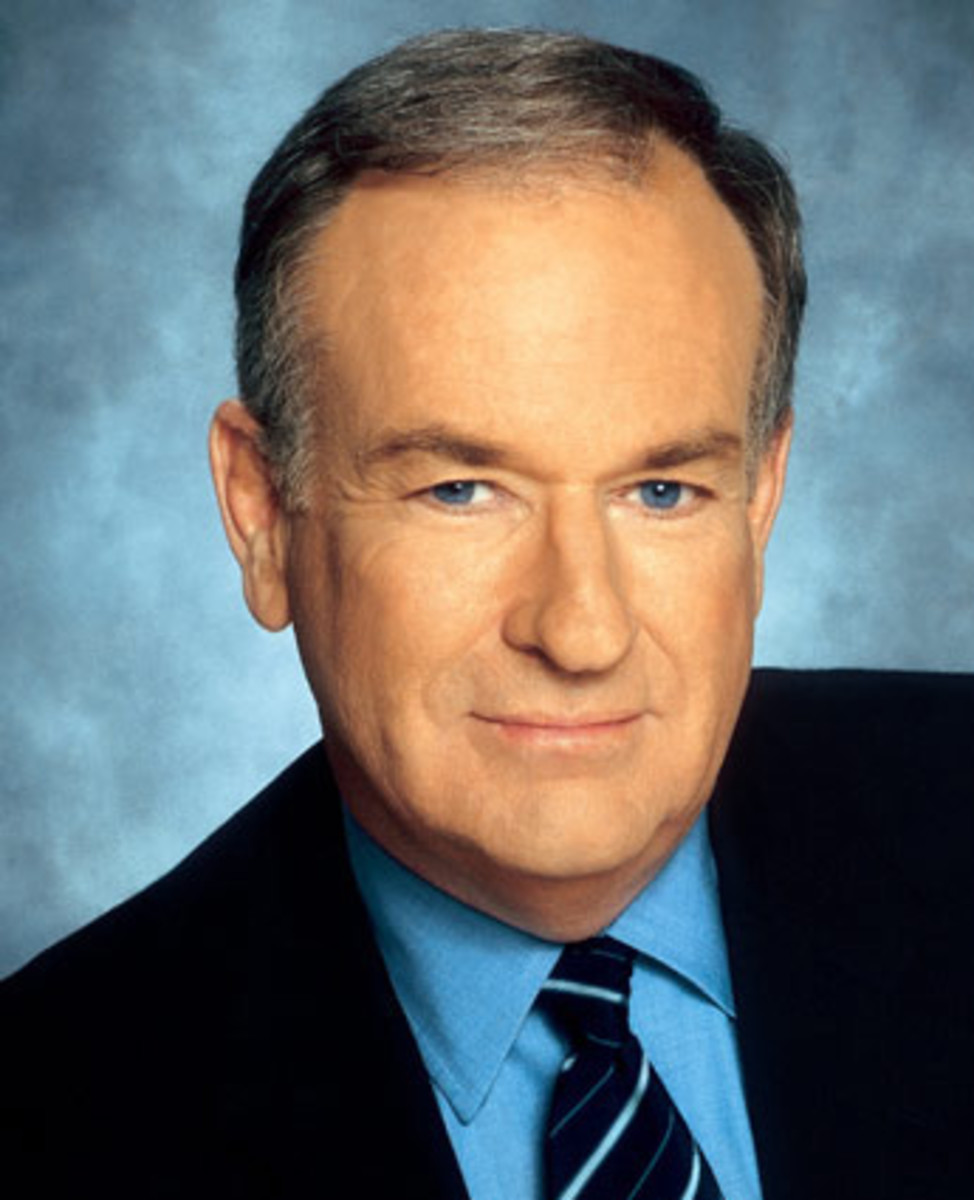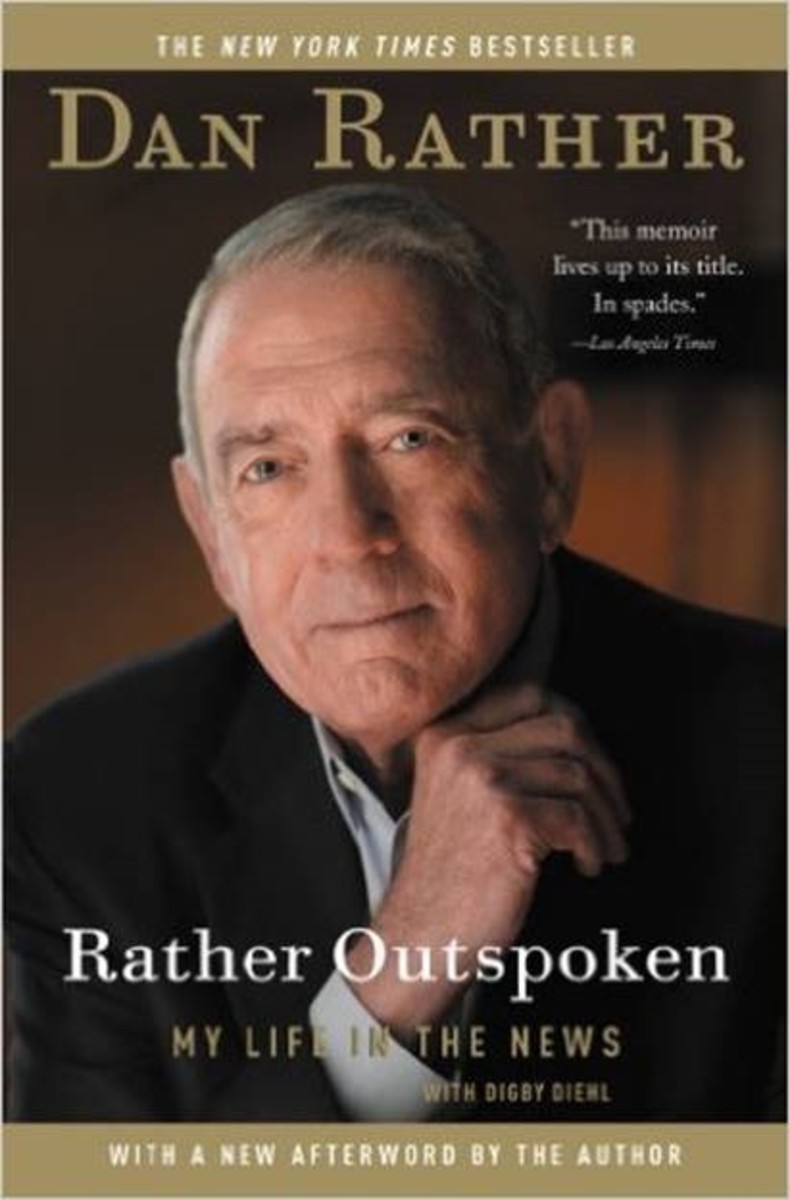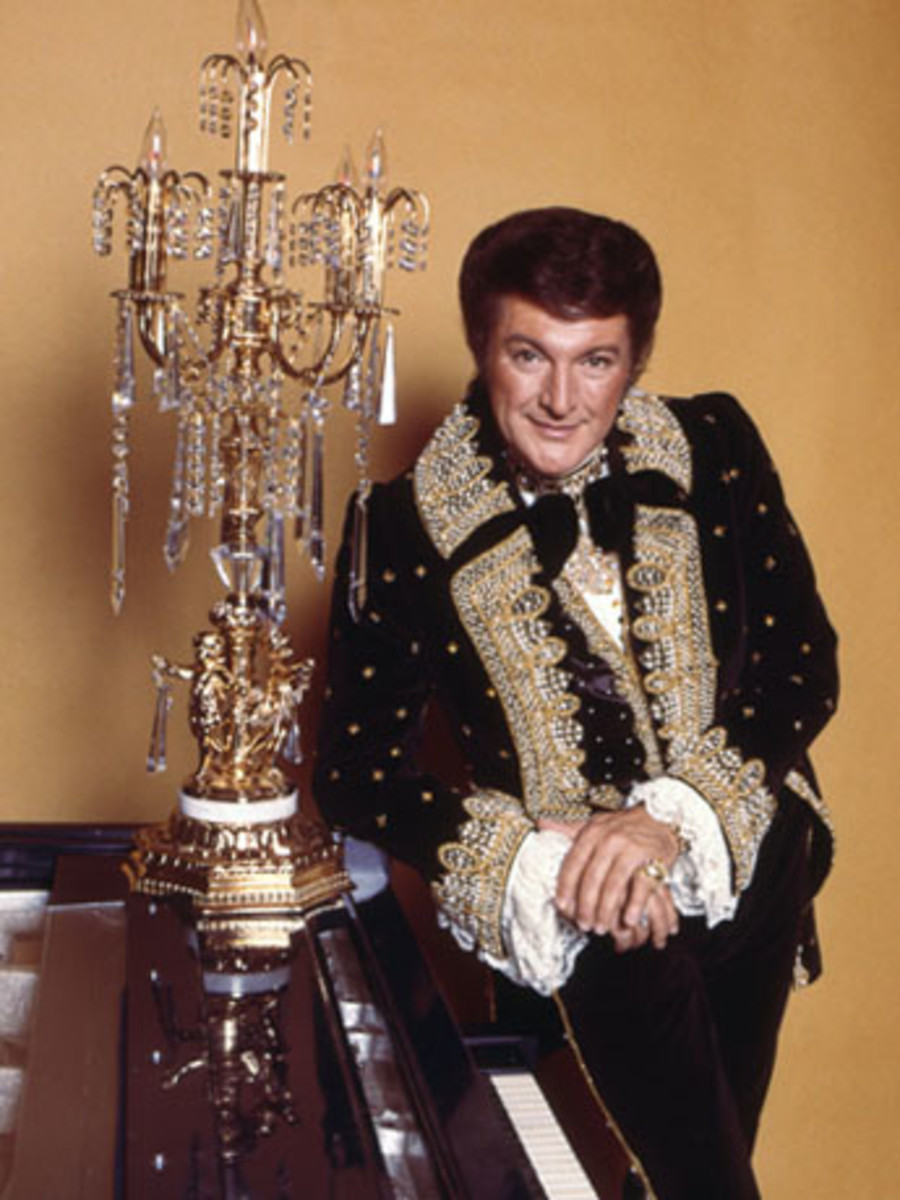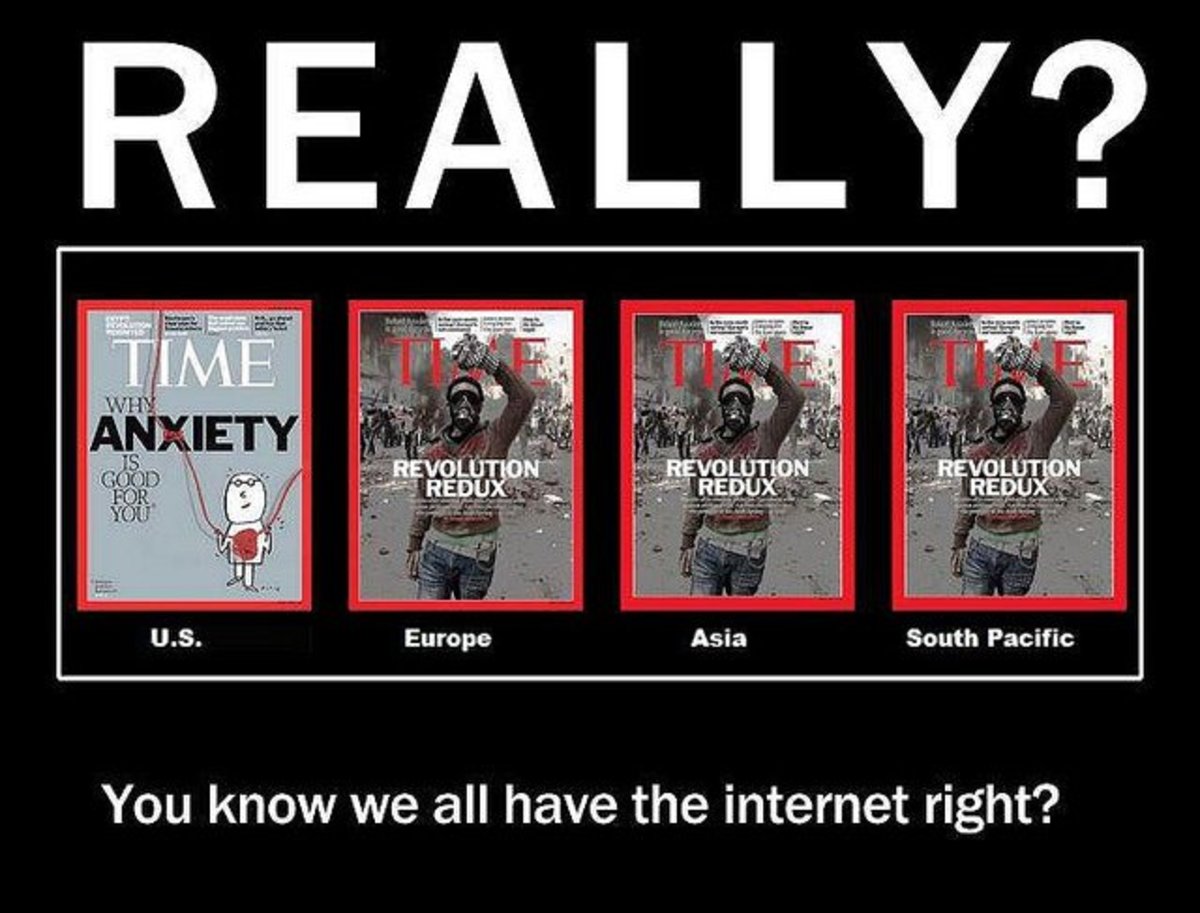Walter Cronkite - A Journalist's Journalist
The Day The News Business Died
NEW YORK - Walter Cronkite, who was a journalist, an anchor, and the most trusted man in America, died today, July 17, 2009. Mark this date on your calendar, because henceforth, news will never be the same.
Cronkite had a personal touch that reached out to people. He had a face that looked like your favorite uncle, the one you hope would come to the family reunion. He was a journalistic purist who felt that even if he had an opinion on the subject he was covering, as a journalist it was his duty to report just the facts.
Brian Williams, Anchor and Managing Editor of NBC Nightly News, spoke by telephone to Rachel Maddow during her 9 p.m. cablecast on MSNBC about Cronkite. Williams, who replaced another icon whose star could not quite shine as brightly as Cronkite's - Tom Brokaw - said one thing he knew bothered Cronkite enormously was the degree to which opinions had become a regular part of television news.
I worked as a professional journalist for eight years, and earned a master's degree in journalism in the process. I was trained by journalists who no doubt were inspired by Cronkite, because even now, years after I left the daily newspaper grind behind, I am still disturbed when I watch television broadcasters spouting off their incessant opinions. So in a way, when I think about the man who just died at the age of 92, I feel as if a champion of true journalism has faded off into space and time.
Even though I was a young child when Cronkite retired from the anchor's chair at CBS Nightly News, I was sufficiently aware that he was a man to be respected and revered to feel a sense of sadness when he retired from the news business. I feel that same remorse now, as I think of his passing.
Maddow asked Williams if he thought there would ever be a journalist who would be so respected and revered as Walter Cronkite, and Williams said no. Cronkite came from an era before Cable Television dramatically altered the television medium. There were ABC, CBS, NBC, and that was it. ABC and NBC were left to duke it out for second place, because no one could touch Cronkite.
Today, says Williams, Americans have become too fragmented to be swayed by a person the way they were by Walter Cronkite. Newspapers are dropping in circulation, news channels are losing market share, as more and more channels appear on cable lineups, watering down the potential audiences.
So if Williams is correct in his assessment of Cronkite's legacy, I am afraid to say that this day - July 17, 2009 - will be the day that the television medium began its ultimate decline into obscurity.
I used to joke that I was once a journalist, then I became a politician, all I needed was a law degree and everyone could hate me. The humor of the joke is in the fact that journalists of today are no longer respected the way they were when Walter Cronkite held sway in the anchor's chair at CBS.
Rest in peace, Mr. Cronkite. You will be sadly missed.







